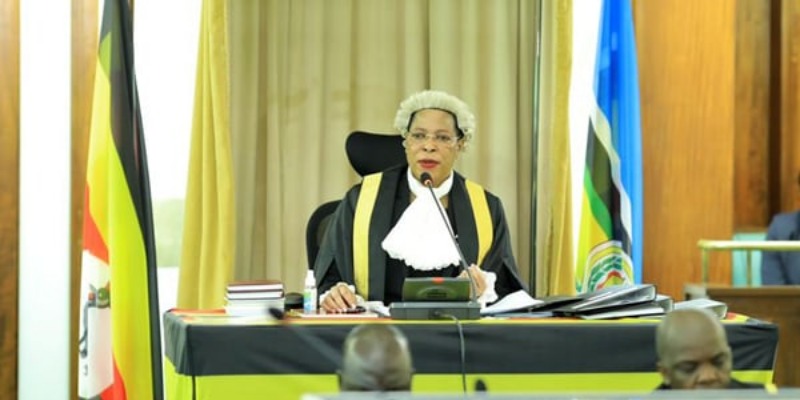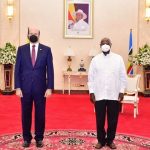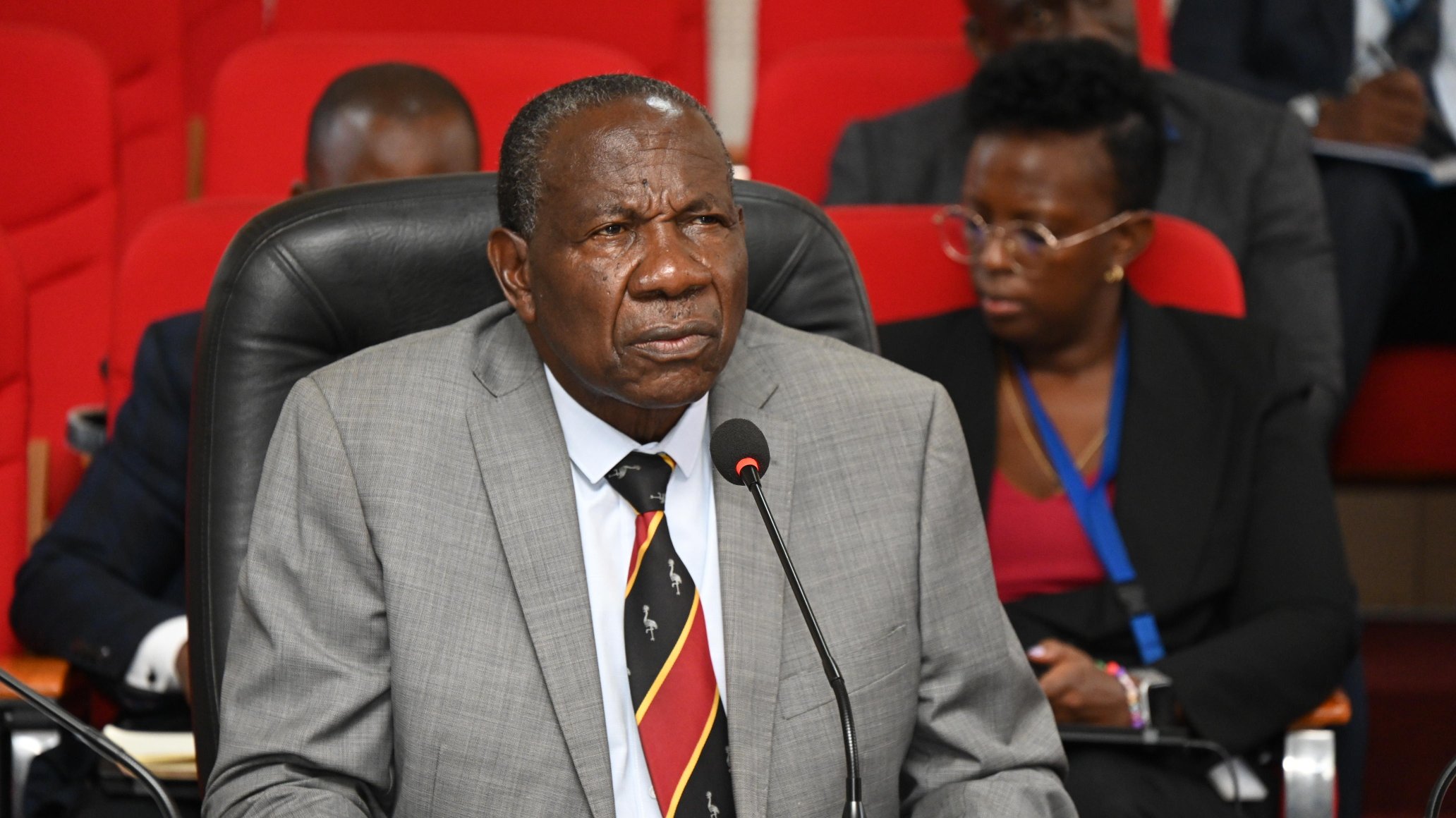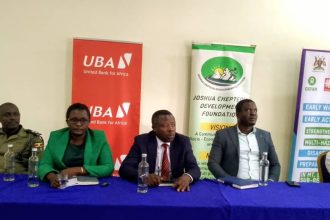Voters from Lango Sub-region are fervently urging for a significant reduction in the number of Members of Parliament (MPs) in Uganda. This bold move, which has been proposed by the Lango Civil Society Network, an umbrella organization of civil society groups, has garnered attention from over 1,000 voters in the region.
One of the most striking proposals is to trim down the current Parliament size of 557 MPs by more than 300 members. According to Lango Sub-region voters, the existing number of MPs has placed an immense economic burden on the people of Uganda due to its exorbitant public expenditure.
In their pursuit of political and constitutional reforms, these voters advocate that each district should be represented by just two MPs – one male and one female. They argue that the empowerment of women has reached a point where they can effectively compete with men in all aspects of politics. Furthermore, they demand open competition for political positions, encompassing categories such as youth, elderly, workers, and persons with disabilities.
The Lango Civil Society Network has also proposed the removal of the army from Parliament, reasoning that the armed forces are already adequately represented by Workers MPs. Notably, Ugandan MPs reportedly earn around Shs35 million per month, a figure significantly higher than the salaries of legislators in many European countries.
During a consultative meeting on political and constitutional reforms at Margaritha Palace Hotel in Lira City, lawyers and leaders from Lango Sub-region reached a consensus on the necessity of reducing Parliament’s size. It’s worth noting that only one MP, Ms. Susan Abeja from Otuke District, attended this gathering, which was convened by the Lango Civil Society Network.
Mr. Moses Otim, the Lira District secretary for education and health, expressed concerns about the financial strain imposed on taxpayers by the oversized Parliament. He emphasized that some legislators are failing to meet public expectations, especially in rural areas. Additionally, he pointed out that Parliament appears reluctant to establish qualifications for local government positions due to apprehensions about the associated costs.
Mr. David Kennedy Odongo, the chairman of Alebtong District, further emphasized the need to downsize Parliament to enhance accountability. Currently, Alebtong District has three representatives in Parliament, which adds to the urgency of this demand for a reduction in membership.




















